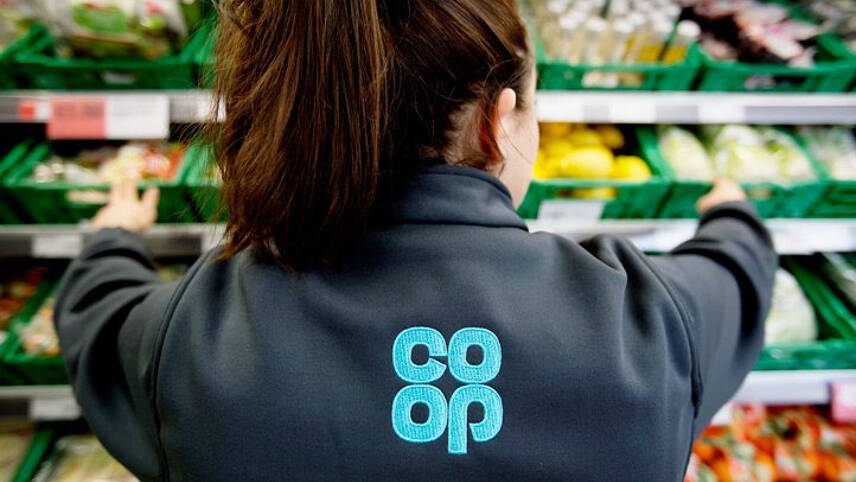Register for free and continue reading
Join our growing army of changemakers and get unlimited access to our premium content

The funding forms part of the £3m Carbon Innovation Fund, which has been financed through donations from Co-op based on the sales of its compostable carrier bags
Co-op and the Co-op Foundation have this week awarded funding to 14 successful projects that applied for finance and support from the retailer’s Carbon Innovation Fund.
Successful projects include a Cornwall-based Fal Fishery, which will increase production of oyster larvae at its hatchery, a South West Mull and Iona Development that will “kelp” the environment by doubling their harvest of sugar kelp to reduce the methane emissions of cattle and The Fairtrade Foundation in Mbarara and Masaka which will scale up the production of fuel for cookstoves made from coffee farm waste.
The Co-op Foundation’s chief executive Nick Crofts said: “We created the Carbon Innovation Fund to encourage innovation and help tackle emissions in the food and farming industries – and what an incredible first 14 projects we’re funding.
“From Cornwall to Malawi, we’re working with our new partners to create sustainable change and develop inventive solutions to complex issues. We cannot wait to see what our partners achieve as they co-operate to make our world a better place to live.”
The funding forms part of the £3m Carbon Innovation Fund, which has been financed through donations from Co-op based on the sales of its compostable carrier bags. The Foundation has topped up the rest of the fund.
Innovating markets
It comes just months after Tesco launched a new programme enabling cleantech start-ups to trial their technologies and processes at the retailer’s major produce, meat, fish and dairy suppliers.
Called ‘Innovation Connections’, the scheme will pair startups with suppliers that are well-positioned to trial their innovations. Each successful pairing of supplier and start-up will receive up to £150,000 in funding from Tesco to help pilot and scale new technologies.
Earlier this month, Marks & Spencer (M&S) launched its first innovation challenge in the environmental sustainability space, pledging to trial emerging solutions in its stores and agricultural supply chains.
The retailer’s ‘Ignite’ team, which oversees its open innovation efforts, announced the challenge, confirming two workstreams on sustainable agriculture and on consumer attitudes towards environmental sustainability respectively. In both categories, start-ups and scale-ups are invited to apply.
On the sustainable agriculture side, M&S is seeking tech-based solutions which make processes more efficient across the upstream value chain. Solutions should deliver co-benefits across the fields of energy efficiency, material efficiency, waste reduction, emissions reduction, animal welfare and biodiversity support.
M&S’s website for this challenge notes that the firm is particularly keen to support innovations that could improve the shelf life of produce; could reduce produce imports by enabling vertical farming in the UK; and/or could make crops more resistant to pests and diseases. M&S notably trialled in-store vertical farming in 2019.
Elsewhere, Virgin StartUp has announced the 12 British sustainable start-up businesses it has selected to join its Collective Impact Programme which starts this week.
Run in partnership with Crowdcube and, with support from Tribe First, Capital Pilot, Finerva, Marlborough House Partners and more, the Collective Impact Programme is a six-week course for UK start-up businesses that want to create positive change in the world
All the founders on the course are looking to raise between £150,000 and £1.5 million via equity crowdfunding.


Please login or Register to leave a comment.